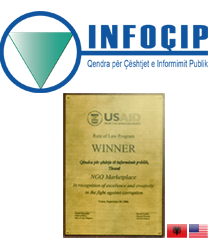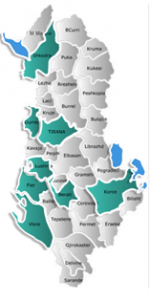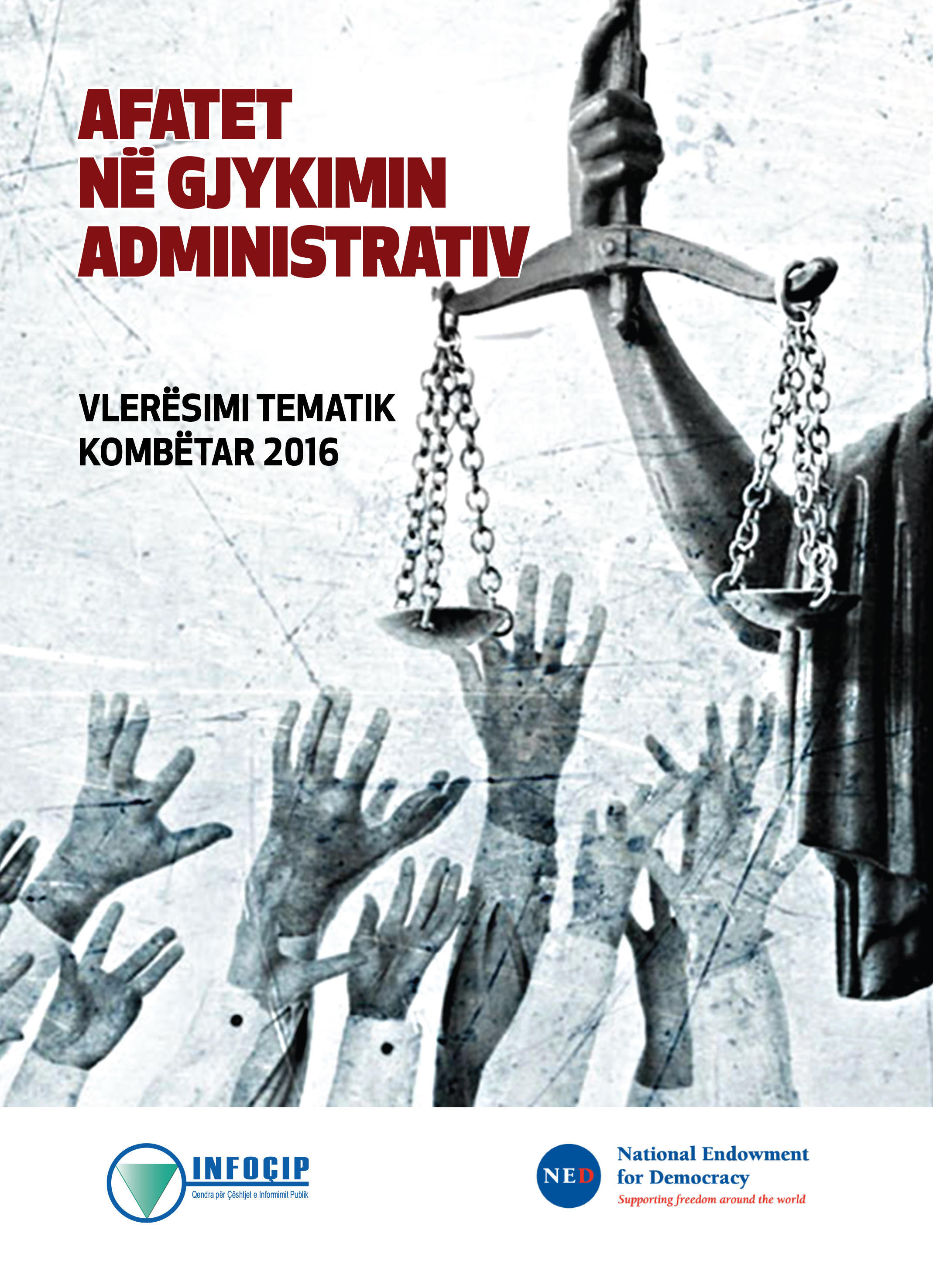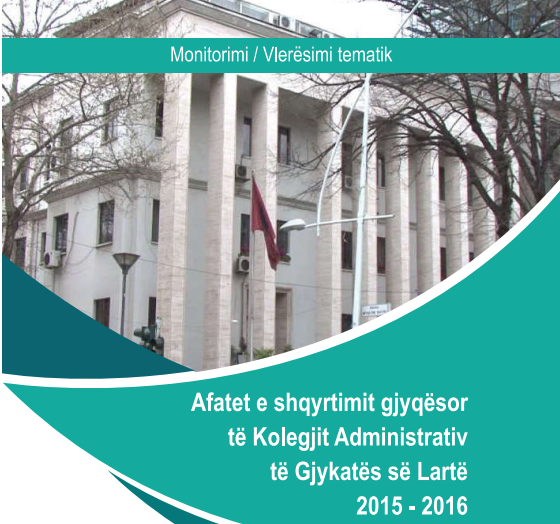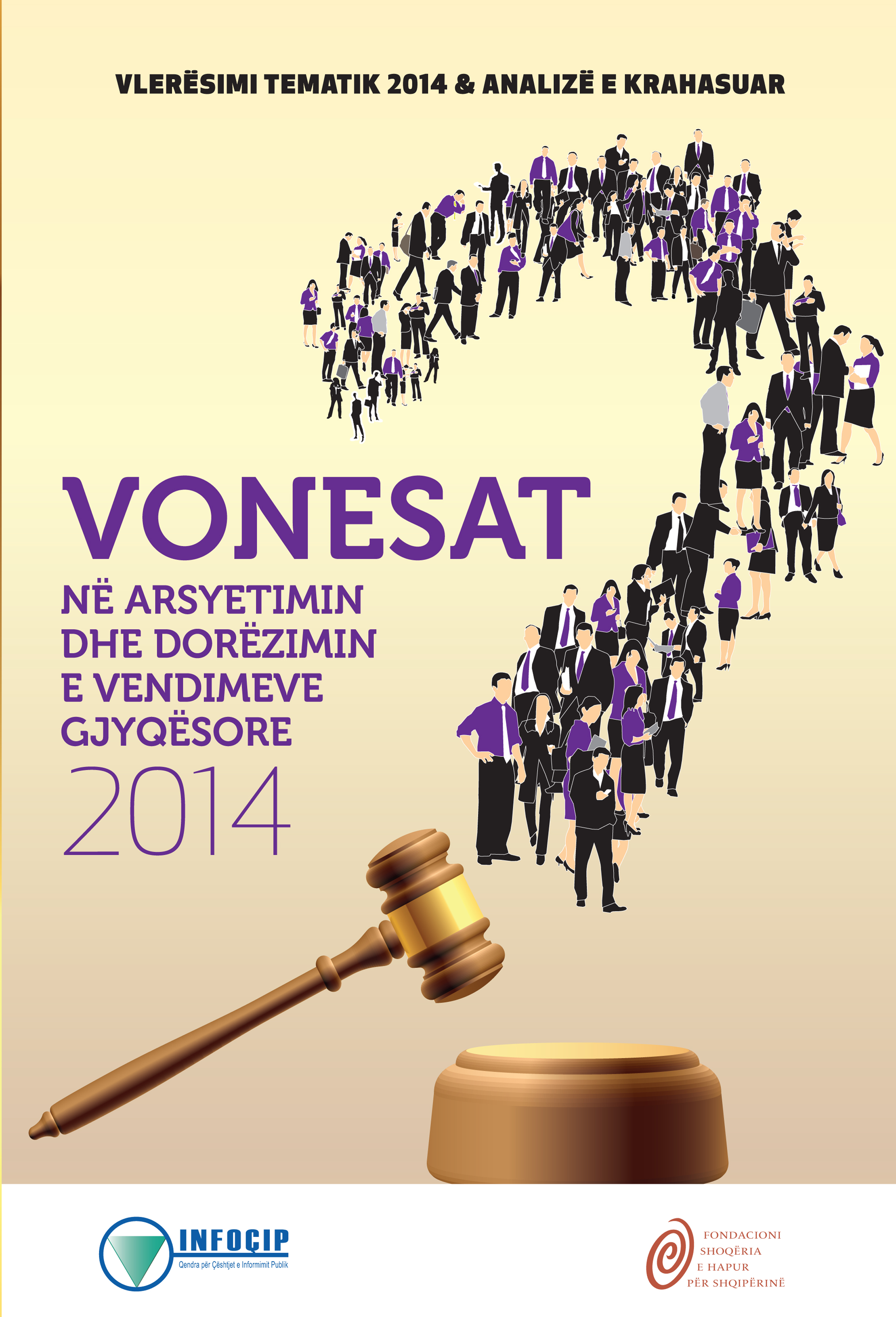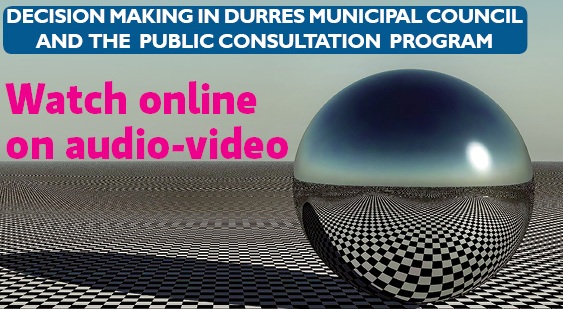Albania – A new national platform for the fight against corruption
Februaru 18, 2015 -A new national platform for the fight against corruption: a few days ago the Albanian government presented the website www.stopkorrupsionit.al to “fight” corruption, asking for citizens’ cooperation. The portal contains 11 windows corresponding to 11 key areas that could cause corruption, ranging from justice to health, from education to police forces, from customs to taxes, to legalization … For each sector, citizens can submit a report in anonymous form. The invitation of the government is to “use this weapon”, available to everyone, in the fight against illegality. It is yet another way for the Country to respond to the reports of the European Commission on the progress in the fight against corruption and organized crime. The latest, issued October 2014, in reiterates that “corruption remains prevalent in many areas and it remains a very serious problem.” Vincenzo Corrado, for Sir Europe, asked a lawyer, Nest Zefi, to share his views on the online platform and on the phenomenon of corruption in Albania.
 What are the strengths and weaknesses of the platform?
What are the strengths and weaknesses of the platform?
“The identification of strength requires solid Christian hope, and an inner struggle against our deeply-rooted scepticism, fuelled by the failure of anti-corruption campaigns of the previous governments. However, a ‘visible’ success is already perceivable in the behaviour of public operators, with the support of technology and the fear of civil servants of risking their jobs. Among the weaknesses figure the erroneous idea of resorting to penal sanctions only. In fact, the articulated problem of the state government system in general, worn out by internal struggles, unable to ensure the concrete implementation of measures adopted on paper, is not taken into due account.”
How did public opinion react to the initiative?
“Albanian citizens have become accustomed to the anti-corruption rhetoric and they seem quite cautious when it comes to expressing their enthusiasm on the subject. It is preferred to wait for result in the areas of micro-corruption within the public administration, whose behaviour is usually marked by a pervasive criteria of extortion. In short, citizens don’t have great expectations from government’s measures, although they would be happy to be proven wrong in their pessimism. Personally I am of the opinion that it would be better to know and have an organic view of the systemic dimension of corruption and bribery in order to decide wisely and without propaganda campaigns marked by populist flairs.”
So it appears that there is no major yearning to cooperate with the portal. Why?
“People facing the economic crisis that has hit Albanian economy dramatically are rather distant from the idea of cooperating. Albanian are overcome by a sense of disappointment towards public institutions and would rather not expose themselves to the possibility of retaliation by officers in positions of power.”
Is updated information on corruption in Albania available?
“In Albania, at present, updated figures on corruption are replaced by a political rhetoric updated with great care. The goal is to sidetrack attention from the serious hardships caused by the crisis in the local economy, prostrated by unemployment, and by the sharp drop in remittances by Albanian emigrants abroad, especially in Italy and Greece. The lack of reliable statistics and estimates regarding corruption seems to be due to the fact that in the post-communist period this phenomenon that invaded every fold of the country’s social fabric, making it hard to ‘frame’ it statistically also because it has become part and parcel of the malpractice of citizens and public administration, eager to join the culture of enrichment at all costs.”
Corruption is undoubtedly a major problem in Albania’s path towards Europe, especially after having obtained an official candidate-country status…
“Indeed, the phenomenon of widespread corruption is a serious obstacle to Albanian people’s desire to draw closer to Europe. On the other hand, those very European institutions who having been following Albania’s process towards Europe tirelessly point out that without serious, determined and overarching fight against the scourge of corruption there can be no entry into the EU. Over the past years European leaders made heartfelt appeals to the Albanian government to promote the culture of legality and public ethics. Illegality is a reprehensible phenomenon. Those who infringe the law should be exposed to social discredit. That’s way the certainty of punishment is a fundamental aspect.
LAST RELEASED PUBLICATION
MONITORING REPORT
Recent reports/studies
Partners / Donors
Local Branches
- Citizens' Transparency Office, Durrës (19)
- Citizens' Transparency Office, Korça (9)
- Election Situation Chamber (11)
- JUDICIARY (1)
- NED (11)
- www.vendime.al (5)
Foto lajm

- CPII anounces the monitoring result for Durres Municipal Council. It must be re-elected
Where we work

